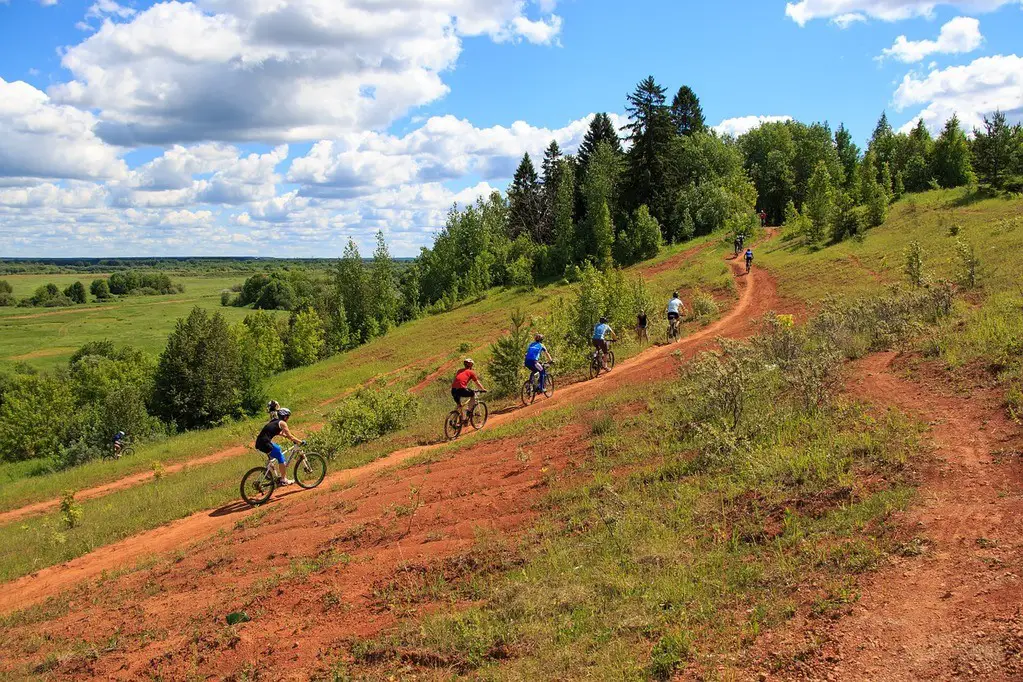How to Improve Your Mountain Biking Times by Eating Right
Bike riding is divided into two categories, downhill discipline, and cross-country since this event is always an array of competitive games. Control in bike riding is still dependent on physical characteristics. Cross-country riders have body fat levels, and their muscle mass is much less. This ensures the maintenance of high power to weight ratio which is beneficial to them as they climb the hill. Riders of downhill are bigger and have more muscle mass, and this enables them to produce a large amount of power output during racing and training.
Please note that as an Amazon Affiliate we may earn commission from qualified purchases — thanks for your support!

It’s advisable that the riders eat well. The riders’ nutrition requirements determine the training goals, adjustment for the purpose, health, and specific athletes’ needs. Mostly, the diet of trainers should focus on carnivore diet tips and the dense nutrient carbohydrate, vegetables, proteins, fruits, legumes, and wholegrain bread. A starch helps to complement trainers load by optimizing recovery and performance. Protein of the rider can determine the strength of training and energy intake. The protein intake can be influential more than amount during the day. For trainers with the aim of losing body fat, they have to limit themselves from the use of energy foods like junk foods and alcohol and also time their regular meal to avoid the additional snacks.
Mountain bike riders should drink a lot of fluid to avoid hydration during the training. The riders should drink enough fluids to substitute the water lost during exercises, sweat rate, temperature, etc. and also to replace fluid losses. Before a race, a rider should take meals that give a vital opportunity of adding glycogen to the body meals such as porridge with bananas, creamed rice, baked potatoes etc. after the race or session one should take a meal that contains a combination of carbohydrates and proteins as it ensures muscle refilling and protein synthesis to help muscle recovery. To avoid dehydration, its encouraged to take electrolyte and fluids as well.
In conclusion, riders gain a competitive edge over their opponent by supplements. The supplements are not supported by scientific evidence but are useful in addition to quality training and dieting. A rider with an optimized nutrition plan can use caffeine as it is beneficial. Advice from the Accredited Sports Dietitians is also necessary.

